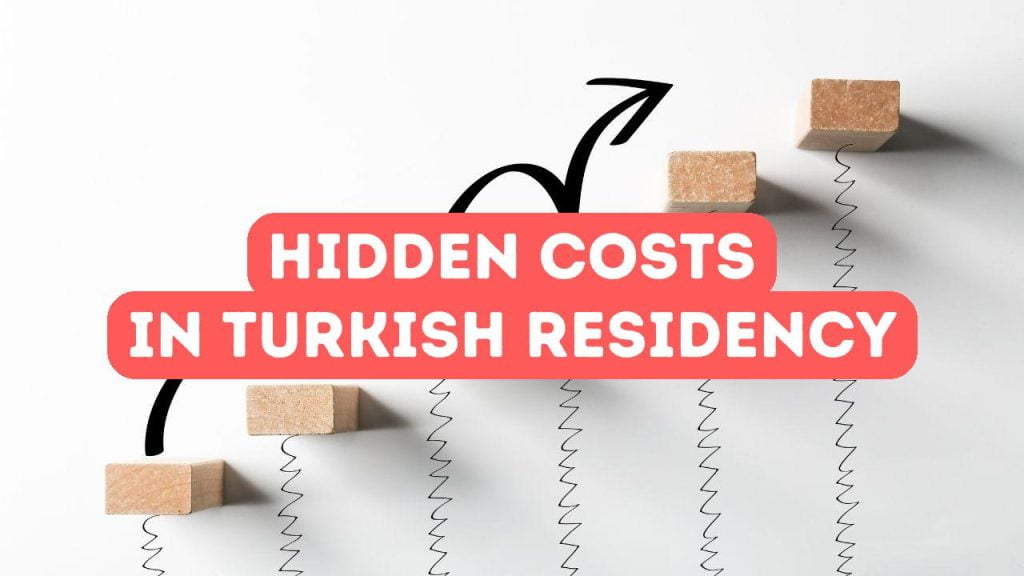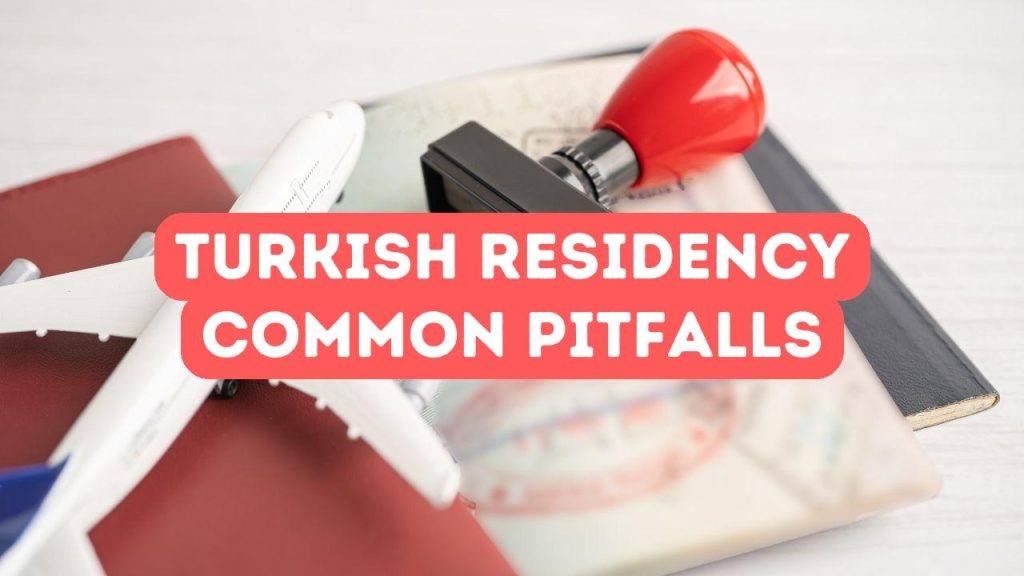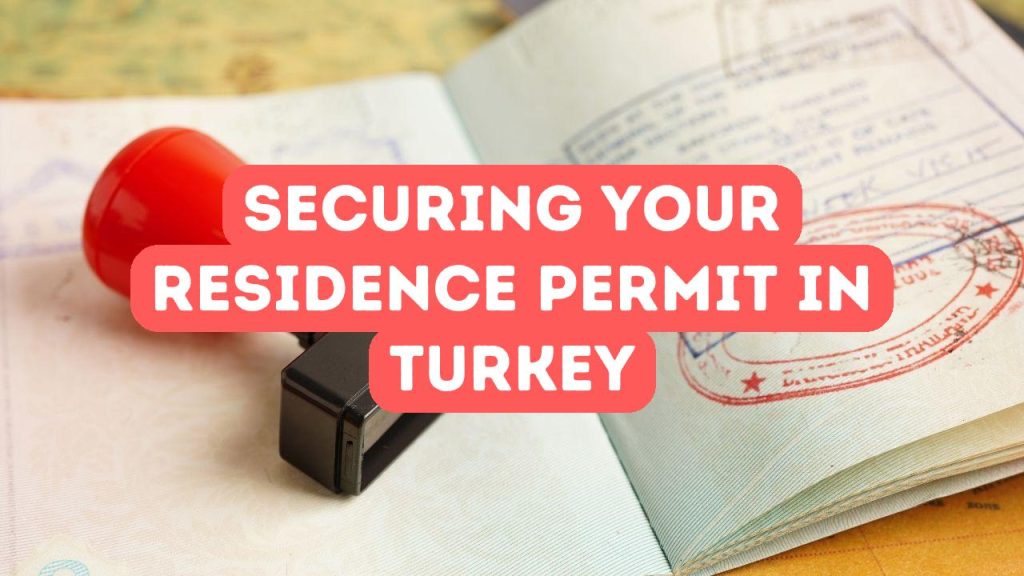Unveiling the Financial Implications
As prospective Turkish residents navigate the preliminary bureaucracy of obtaining residency—the filing of documents, payment of processing fees, and compliance with legal stipulations—the unforeseen financial implications begin to surface. Among these is the cost of securing a suitable abode, which often exceeds the purchase price or rental fees. One must consider property taxes, which may be higher for non-citizens, and utilities—which include water, electricity, and gas—that can fluctuate with seasonal demands. Additionally, the maintenance expenses associated with property upkeep, particularly in tourist-heavy regions with climate-induced wear and tear, can be substantial. This complexity is further exacerbated for those aiming to secure a residency through investment in real estate, as they must remain vigilant about market volatility and additional administrative fees that chip away at their budget unbeknownst to those who might have anticipated a more straightforward financial path.
Moreover, healthcare expenditures present another layer of hidden costs for those seeking Turkish residency. While Turkey offers universal healthcare, expatriates are usually obligated to either pay into the public system or procure private health insurance, the premiums of which might be subject to regular increases that can strain budgets. Additionally, accessing international-standard healthcare facilities, which most foreigners prefer, often comes with a higher price tag. Language barriers could also necessitate the use of translation services during medical appointments, incurring extra costs. Importantly, many do not consider the potential need for long-term or specialized healthcare services, which may lead to the unexpected financial burden of obtaining care outside the scope of standard insurance policies. As health is a pivotal factor over the long-term, underestimating the costs associated with maintaining well-being in a foreign land can lead to significant, unplanned expenses that erode the initial excitement of a new life in Turkey.
Furthermore, the intricacies of cost of living adjustments can catch new residents off guard, as the prevailing economic conditions and exchange rates may lead to an increment in everyday expenses. Expatriates must budget for daily necessities such as groceries, transportation, and communication services, which may carry a premium in urban centers like Istanbul compared to their home countries. Additionally, the need to integrate culturally – enrolling in language courses, participating in social events, and adhering to local customs – can introduce unanticipated costs. Educational expenses for those with children, including international schooling fees that far exceed local tuition rates, add another layer to the fiscal intricacies of Turkish residency. Sufficiently accounting for these lifestyle-related expenditures is crucial, as they collectively constitute a significant portion of the hidden financial burden that arises when one transitions to residing in Turkey.
Navigating the Complexity of Turkish Residency Taxes
One of the more nuanced hidden costs of Turkish residency lies in navigating its complex tax system, which can ensnare the unwary with its labyrinthine rules and potential for double taxation. Expatriates may face unexpected tax liabilities on their worldwide income due to Turkey’s residence-based taxation after their status changes to resident, typically after spending more than 183 days in the country within a calendar year. Furthermore, nuances such as the distinction between tax residency and immigration residency can lead to confusion and inadvertent fiscal obligations. Consequently, it is imperative for incoming residents to seek professional tax advice to understand the bilateral tax treaties that Turkey has with other nations and to fully comprehend how these agreements impact their individual tax situation, thereby mitigating the risk of costly tax entanglements that could weigh heavily on the financial efficacy of their move to Turkey.
In addition to income tax complexities, foreign residents must be cognizant of property taxes, which can vary significantly depending on location and property type. The initial euphoria of procuring a Turkish home can quickly dissipate upon the realization that property taxes, along with compulsory earthquake insurance and utilities, carve a deeper financial niche than anticipated. Moreover, the potential for capital gains tax awaits those who choose to sell their property, calculated on the difference between the selling price and the purchase price, factoring in inflation. This taxable amount can be considerable, especially in the booming Turkish real estate market. Failure to adequately plan for these costs can disrupt financial stability, necessitating a deeper understanding of the local tax landscape and thoughtful financial planning to ensure that the dream of Turkish residency does not become economically onerous.
Finally, inheritance and gift taxes in Turkey present another layer of complexity for expatriates. Unlike some countries where residents can receive gifts or bequeath assets tax-free, Turkey imposes taxes on both within certain thresholds. Non-residents who inherit property in Turkey may also be subject to these taxes, which can escalate based on the value of the inherited assets. It’s crucial for those contemplating Turkish residency to consider the implications of these taxes on their estate planning. Guidance from a seasoned tax professional is indispensable to navigate the nuances of Turkish inheritance law and to formulate strategies that can shield beneficiaries from unexpected fiscal burdens. This foresight is not just prudent financial planning—it’s an essential step in safeguarding the prosperity and peace of mind for one’s family, ensuring the benefits of Turkish residency extend beyond immediate advantages to long-term legacy considerations.
The Economic Realities: Beyond Application Fees
A glaring aspect that often fails to register on an expatriate’s radar is the accumulation of sundry costs that arise during the residency permit process in Turkey. It’s not just the application fees that pinch the pocket; a myriad of other expenses quietly build up. Legal services, for one, can become a significant financial burden, as navigating the complexities of Turkish immigration law often necessitates the expertise of a seasoned lawyer. Moreover, document translation and notarization fees can escalate quickly, especially if an applicant has to deal with multiple personal and financial documents from their home country. Even after the paperwork is filed, the costs continue in the form of travel expenses for mandatory in-person interviews and potentially long waits that could require temporary lodging near government offices. These expenses, albeit less obvious than the application fees, are real and can affect the overall budget set for obtaining Turkish residency.
Upon securing residency, a new set of financial obligations emerges, often catching expatriates off-guard. The mandatory health insurance policy – a prerequisite for residency approval – tends to be a recurrent expense with premiums subject to age and health status. Accommodation too brings its slew of hidden costs; from utility deposits, maintenance fees, and the nuances of property taxes, the actual cost of housing can far exceed initial estimates. It’s important to consider that property-related expenses can fluctuate significantly depending on the region, with metropolitan areas like Istanbul imposing a steeper cost of living than more rural settings. Transport costs, whether one opts for a personal vehicle with its attendant taxes and insurance obligations or relies on public transportation, must also be factored into the monthly budget. Collectively, these costs constitute the ongoing economic realities of Turkish residency, extending far beyond the one-time payment of application fees.
Furthermore, adjusting to the Turkish economic environment involves understanding the fluctuating exchange rates and inflation trends, which can dramatically impact daily expenditures and savings. Expatriates must be vigilant about their spending habits, as the local market prices for groceries, dining, and entertainment can differ vastly from their home countries. This economic acclimatization also includes being mindful of annual residence permit renewals, which add to the cumulative cost over time. Without careful budgeting, these seemingly trivial components of daily life can cumulatively strain one’s finances. It is prudent for those seeking Turkish residency to ensure that they have a financial buffer in place, to accommodate not only the initial outlay but also the ongoing operational costs of maintaining their lifestyle in this diverse and captivating country.






